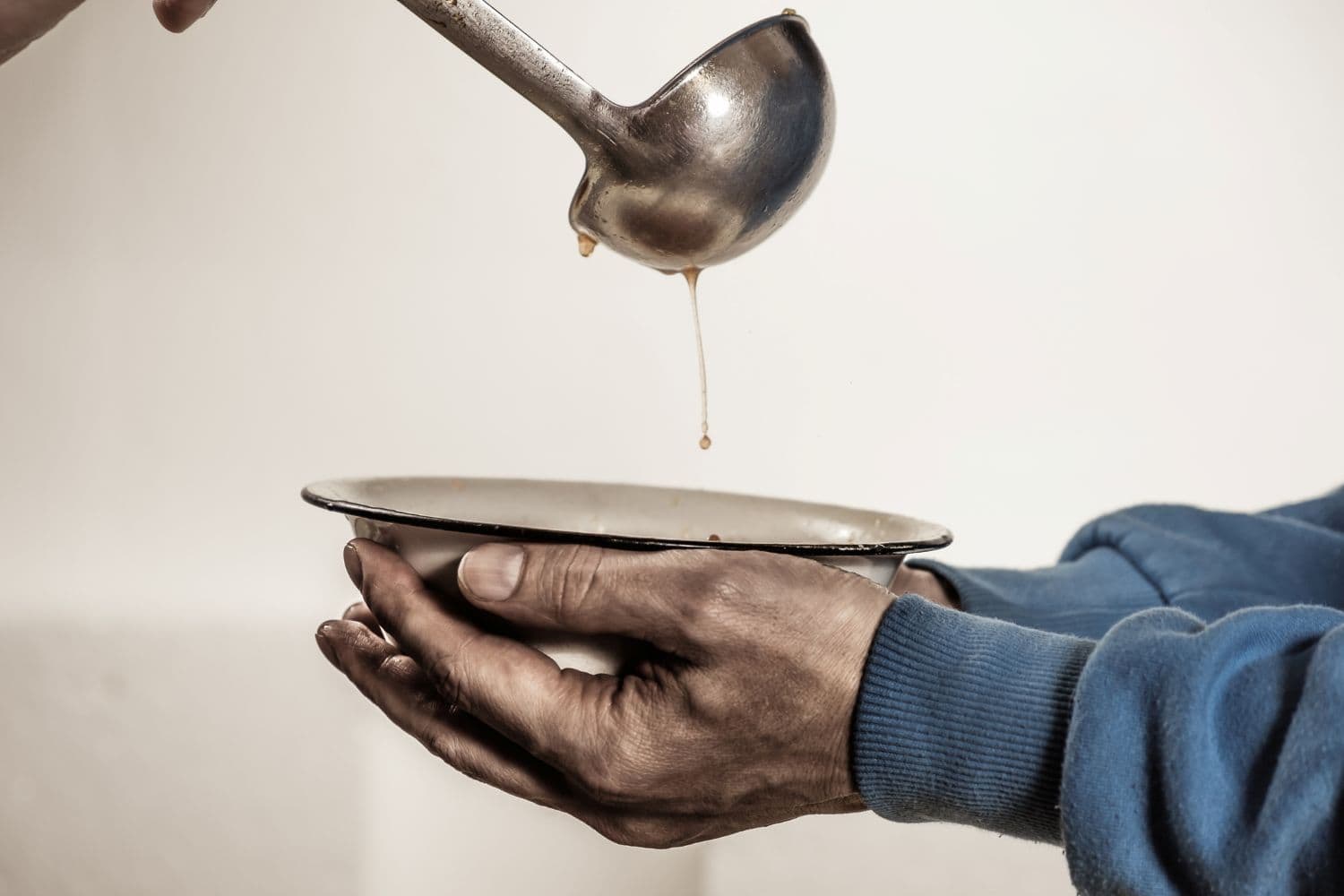While there seems to be more hope for the country and its economy, an expert worries that real change will not come soon enough.

Yesterday’s repo rate cut was welcome for ordinary South Africans, but time is running out for them to avoid being swallowed up by debt as they try to make ends meet.
Earlier this week President Cyril Ramaphosa penned an optimistic message to the nation, commending government for being able to “showcase a country and an economy on the rise”, as the country’s leaders prepare to host the first summit of the G20 on African soil.
The president pointed out a number of key economic indicators and developments in the past week that “herald the green shoots of an emerging economic recovery,” such as:
- the official unemployment rate that fell from 33.2% to 31.9% in the third quarter of this year;
- our sovereign credit rating was recently upgraded by S&P – the first such upgrade from the agency in nearly two decades;
- noteworthy improvements in the energy sector, with Eskom now on the road to recovery; and
- a sustained turnaround in government finances.
Last week, minister of finance Enoch Godongwana’s delivered an upbeat mini-budget statement, where he revealed that the main budget primary balance for 2025/26 is expected to outperform the 2025 Budget estimate and that revenue to date exceed the 2025 Budget estimate by R19.3 billion.
He also announced the adoption of the heavily contested 3% inflation target to replace the previous 3–6% range, citing the long-term benefits of reduced inflation expectations, lower borrowing costs and stimulating investment over time.
This is definitely reason to rejoice, Neil Roets, CEO of Debt Rescue, says.
ALSO READ: Repo rate cut in line with economists’ expectations
Repo rate cut welcome as well as new inflation target
As head of the Reserve Bank, governor Lesetja Kganyago has been a staunch advocate of lowering the country’s inflation target, arguing that this move will lead to lower and more stable inflation, permanently lower interest rates and ultimately, higher economic growth and job creation over the long term.
The 25 basis points cut announced yesterday is of course a positive development, bringing the repo rate down to 6.75% and the prime lending rate to 10.25% – a move that will ease the burden on household finances and stimulate investment, Roets says.
“While this and preceding interest rate cuts helped at the margins, it is not nearly enough to turn the tide for households whose incomes were swallowed by years of rising living costs and shrinking purchasing power.
“The reality is that high fuel, electricity and food costs will likely cancel out any potential saving for consumers, leaving them in the same boat, which, it needs to be said, is on the verge of capsising.
“Make no mistake, I agree that this is all good news for the country and it certainly puts hope back on the horizon. But man cannot live on hope alone. The wave of positivity must translate into real financial relief for the population who are hanging on by a thin thread. It cannot wait any longer. South Africans have run out of time.”
ALSO READ: South Africans get a repo rate cut for Christmas
Plight of hard-working, struggling taxpayers cannot be ignored any longer
Roets says while he understands the impact of numerous factors on the current economic situation in the country, we can no longer afford to ignore the plight of the nation’s hardworking taxpayers who make up just 1.5% of the population and pay 60% of all personal income tax – and currently carry the economy on their backs.
“Our leaders also cannot afford to keep moving the goalposts to a future where postulated goals may or may not be achieved. The reality is that many South Africans no longer have the luxury of time. Not when millions of people cannot afford enough food to feed their families and the average household is now spending around 80% of their income servicing debt every month – with millions more unable to afford even the most basic necessities.”
Roets says he has spoken out many times about the consequences of food poverty and hunger which is hands down the most concerning and devastating repercussion of South Africa’s ongoing cost of living crisis and pose a real threat to the health, dignity and hope of all the people in the country.
“A shocking revelation from a recently conducted national study shows that around 16 million people across the country have inadequate or severely inadequate access to food – something that should be cause for a national outcry.”
ALSO READ: Here are SA’s top 10 business risks, with economic slowdown in first place
Food poverty study shows dimensions of hunger in SA
The 18-month study undertaken by FoodForward SA, the country’s leading non-profit organisation fighting hunger and food waste, in partnership with the University of Cape Town’s Southern Africa Labour & Development Research Unit to quantify the depth and extent of household food insecurity in South Africa, paints a grim picture of hunger and hardship across communities, driven by ever-escalating food prices, high unemployment and stagnant wages, he says.
This recently caused the President to issue an appeal to the ‘Big Five’ retail companies to make nutritious food more affordable for South Africans, saying that, despite a range of interventions by national and provincial governments, a large portion of households are still food insecure.
“It is now necessary to see this become a reality,” Roets says, as he calls for short term interventions.
“Unfortunately, the cogs are not turning fast enough to move the country and its people out of the current economic downward spiral, with 30.3 million South Africans, approximately 55% of the population, now living in poverty and millions more relying on credit to get through each month.
ALSO READ: Food Security Index: slight improvement, but people still going hungry
Short-term measures are needed although repo rate cut will help
“We need economic and social stability to grow the economy and while I consider the elements at play, short-term interventions are urgently needed to take the pressure off ordinary folk. It is time to bring on the cavalry.”
With the year’s most financially pressurised season approaching, Roets says it is clear that South Africans urgently require real relief to withstand rising costs and mounting debt. “They can no longer ‘hold on’ until the cavalry arrives to deliver them from the chains of poverty and indebtedness.
“As a country, we absolutely need to sustain the recent economic trajectory. In fact, our very survival depends on it. We simply hope that the country’s economic decisions continue to take into consideration the everyday challenges South Africans face.”






